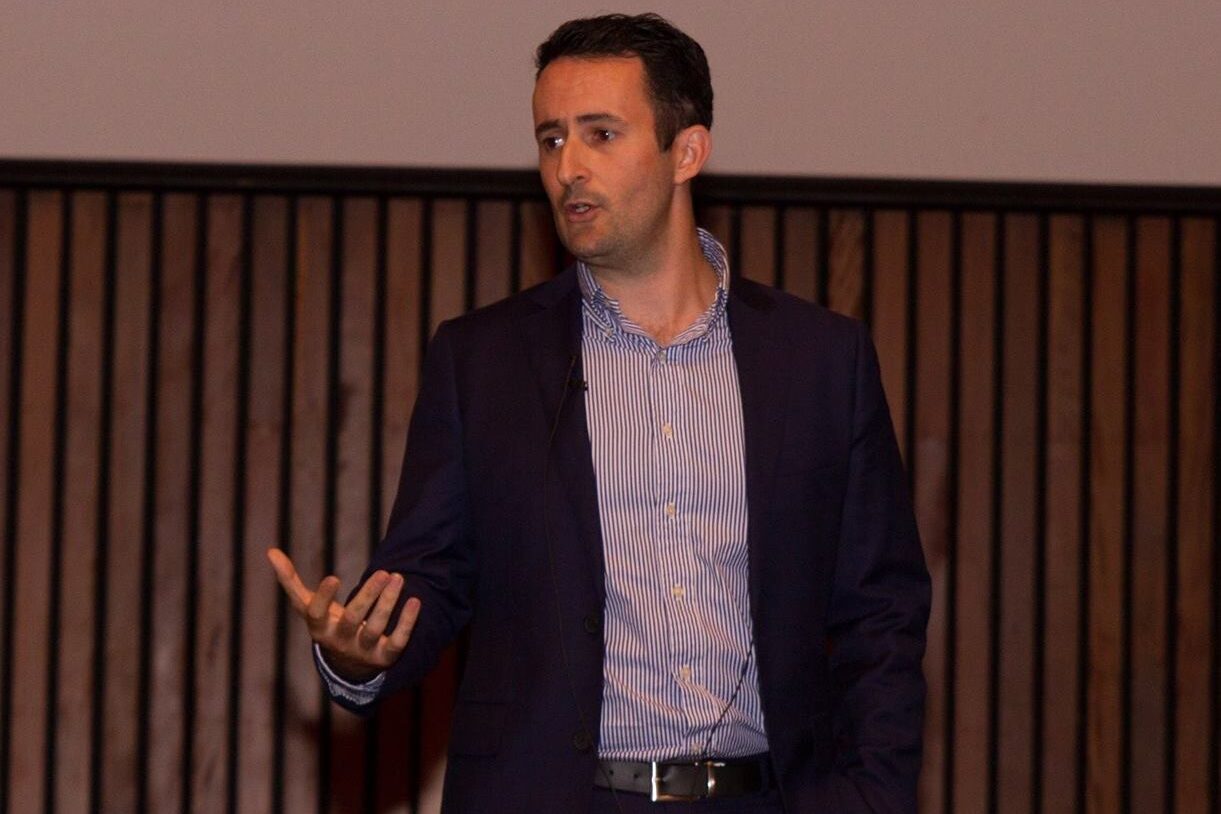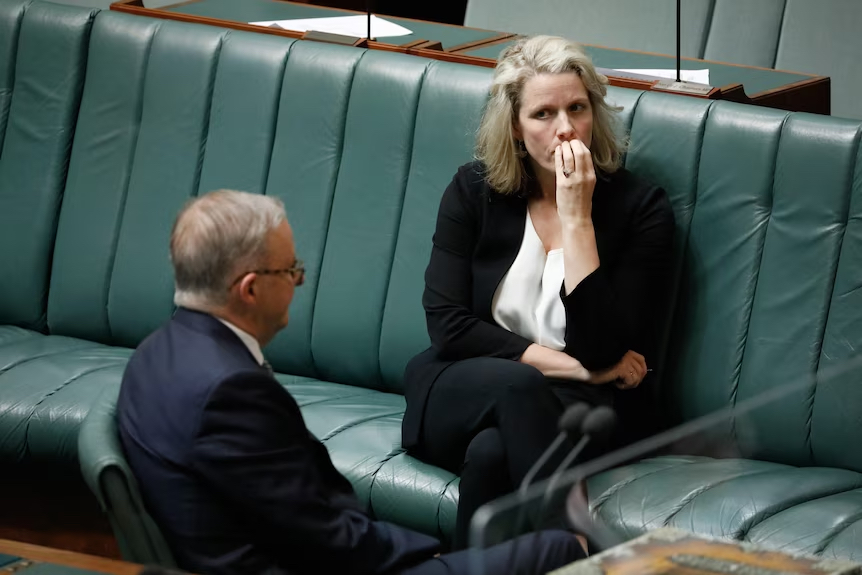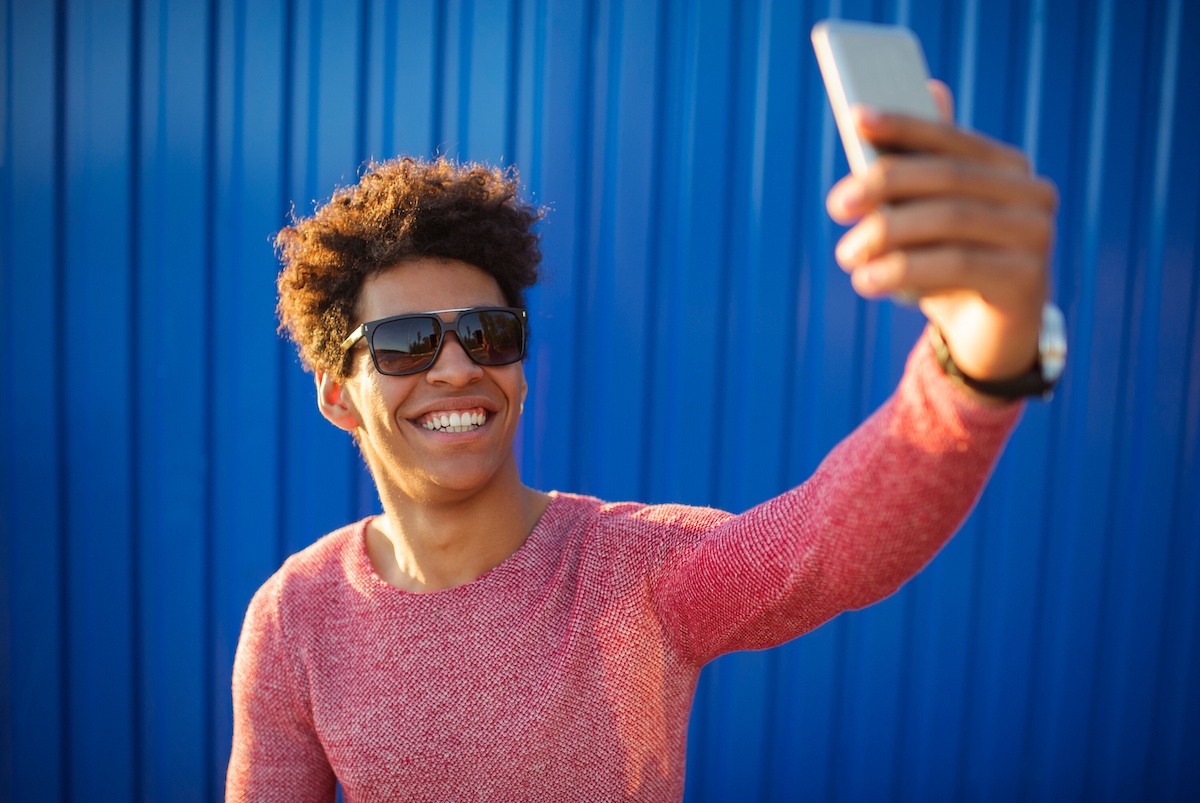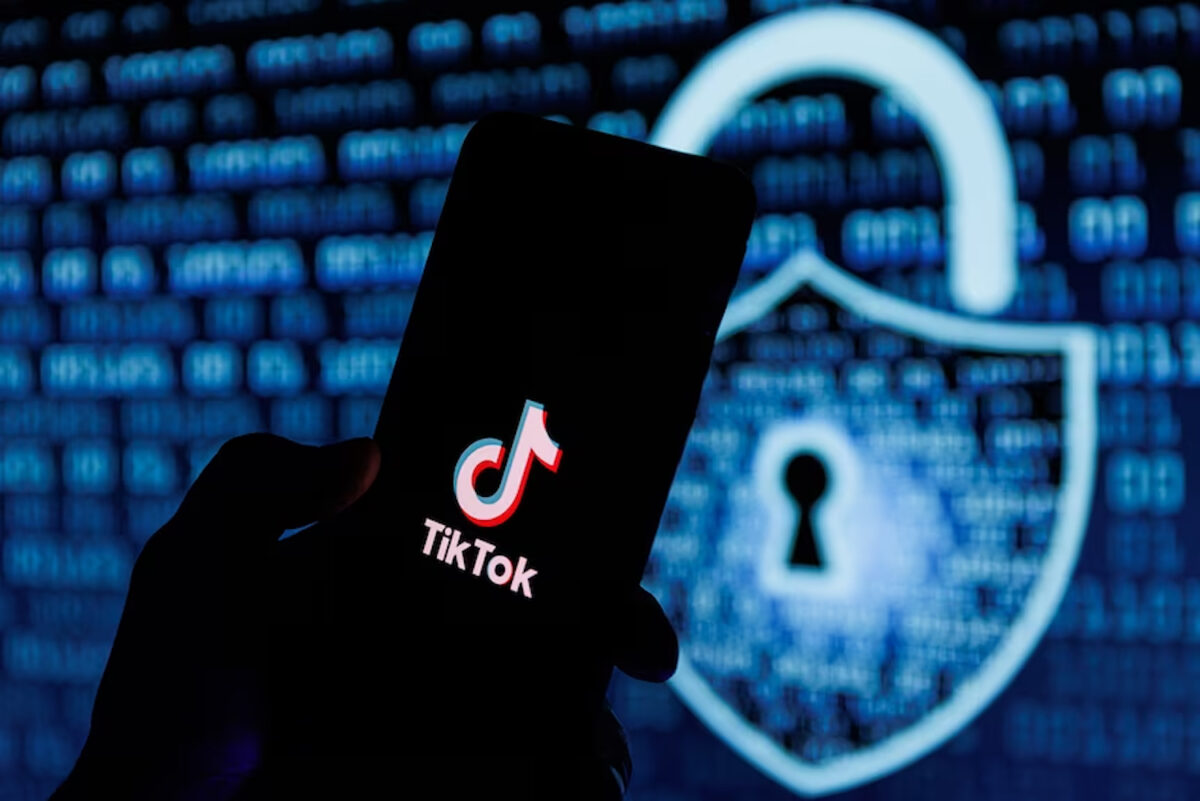This week’s decision to ban TikTok on government-issued devices in Australia has caused heated debate across the nation, and amongst all the noise it’s hard to be clear on just how concerned we need to be. We spoke with the experts to get a clearer picture.
Since its inception a few years ago, TikTok has always been a hub of concern and inspiration in equal measure, with Aussie’s far from perfect baguette eating habits offending the great and good of Paris, while the #bestiemoon trend sparked a minor revolution in the way people and their pals like to travel.
However, in recent days the app’s potential to generate far more serious worries Down Under has come to light. This week, the news that the government has banned TikTok on all government-issued devices, with the ban applying to devices used by public servants and contractors – including those who work for government departments and agencies – has caused heated debate.
Citing national security concerns, the government has said that concerns about TikTok’s owner ByteDance, specifically their aggressive data collection policies and rumoured ties to the Chinese government, sparked the policy announcement.
However, the decision begs an obvious question: if the app isn’t safe for Australian officials to use, can it really be safe for normal Aussies to use either? Why was the ban not rolled out to the Aussie public? How concerned should regular Aussies be, and why? We sat down with tech expert, commentator, and DMARGE contributor Geoff Quattromani to find out.

The first thing that Geoff was quick to point out is that the ban in its current form, whereby the government suggests that TikTok poses a security risk but only bans the app on government-issued devices, is actually pretty “soft”:
“Politicians are allowed to use TikTok on personal devices, or burner phones”, says Quattromani. Given that one of the government’s main concerns is about location sharing, “having the app on your personal phone, which only sits in a different pocket from your government phone, hardly solves the problem,” he says. Moreover, Quattromani highlights that the so-called “concerns” are shrouded in secrecy.
“If the government was truly concerned about Australians then they would share exactly what the concerns are and make recommendations accordingly.”
Geoff Quattromani
Since they haven’t shared the details of their worries, “we can assume the known location of the Prime Minister being shared with the CCP is the main concern.”
But what about regular Aussies?
We can understand why the government doesn’t want a foreign power keeping tabs on the Prime Minister and other key officials, but what about us normal folk and what else should we be worried about?
The nature of this ban, Quattromani explains, totally neglects the many valid privacy concerns of regular Aussies and the use of their data. “We know that TikTok wants to eat up data such as contacts, calendar and other app data,” he says.

Though we understand that the PM’s location needs to be kept under wraps, is the location of a run-of-the-mill bureaucrat really any more or less valuable than your everyday Aussie? And should the CEOs of our banks, healthcare, or tech companies have TikTok on their device?
The real confusion, however, lies deeper. TikTok wants to steal your data, sure, but so does every other platform out there: “this is the same for other social media apps like Facebook, Instagram and Twitter,” Quattromani points out. So what’s the difference here?
You guessed it: China. The real question behind all of this is “whether you are happy for this data to be in the hands of a US or Chinese company”, he says, and with this ban, “the government answers this question – but not explicitly.”
There’s a broader issue around privacy and tech literacy here
Given that the current ban doesn’t even cover all government departments, he reckons the question isn’t “has the government gone too far”, but rather “how soft can this ban get?”
All in all, Quattromani’s concern is simple: “If the app is so bad, explain why!” He reckons that if there’s a clear and severe risk, it needs to be “put out there so we can all make up our minds”.

Professor Monica Whitty, Head of Monash University’s Department of Software Systems & Cybersecurity, agrees. Australians need to know what the dangers are – not just about TikTok, but about social media platforms in general.
“There needs to be education and awareness around data protection and privacy while using social media platforms – explaining the genuine harm to citizens. Individuals will not change online behaviours, even when government agencies tell them, unless they understand the reasoning behind it,” she argues in a university statement.
“There are other significant issues around privacy and problematic use of social networking sites that also need to be addressed. Citizens find it very hard to understand the real issues around security and the impacts of their behaviours, and it is the responsibility of governments to keep citizens safe by providing proper comprehensible guidance,” she concludes.
